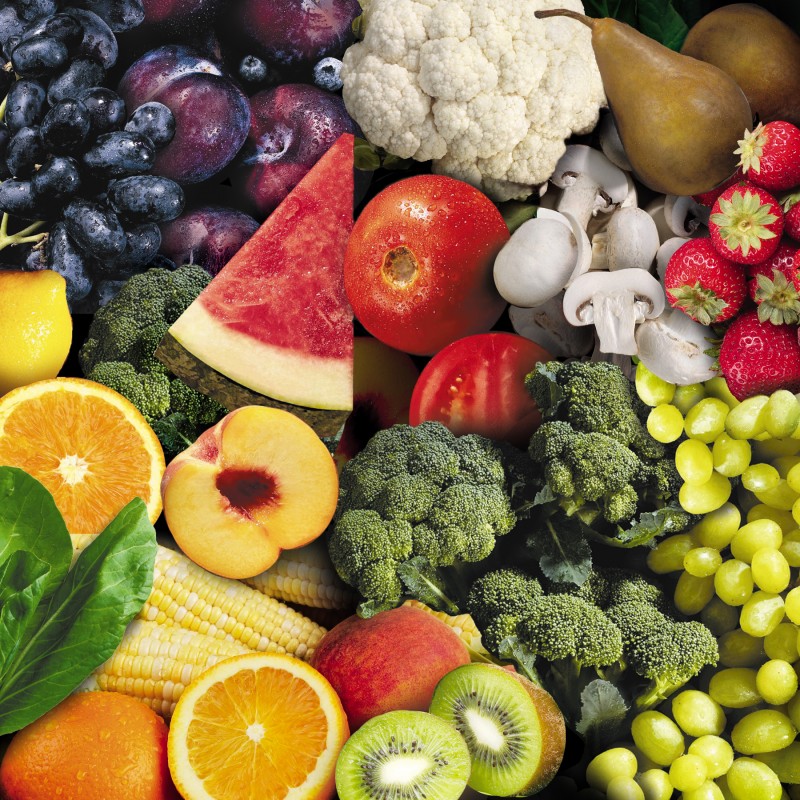I do not use my free time looking for new recipes to try, or get excited about crockery or kitchen gagitry. I am actually pretty lazy if I let myself get away with it and I don’t “enjoy” cooking. My feet get tired, it takes a lot of time and I’d much rather chat with a friend, play with Reagan on the floor or go for a walk… (I really could go on).
Then why do I spend time pouring over recipes, creating a shopping list and preparing meals? What’s in it for me? Aren’t my skills being wasted in kitchen? … Seriously, these are some of the questions that I’ve discussed with close friends.
Here’s my mantra:
Just because I don’t like doing something, doesn’t mean that I can’t do it well.
How often do we need to do things that we really don’t enjoy doing? I see family nutrition as part of my “job description.” I am not just “making dinner” or “getting lunch together”. I am creating an family tradition, a culture of good eating. I am building habits and shaping diets (mine as well as my family). This work matters. It is not meaningless. Even though the vitamins and minerals children receive from the food they eat only stick around in their bodies for a brief time, the habits and understanding of food are shaped and impressed to create healthy adults who also pass along eating well to their children.
Additonally, I force myself to work hard to get better at the things that I don’t like to do (or am simply not good at) so that I can be more free to do things that I enjoy. And I have noticed that with hard work comes creativity. To make cooking more enjoyable, I add mystery to my meals. Weekly, I choose something that I’ve never eaten before (celery root anyone?) or types of dishes that are completely out of my comfort zone (Jambalya!). I head over to Sprouts Farmer’s Market and usually have to ask someone to show me what I’m looking for. This little pleasure makes all the difference because I wonder: “what is it going to taste like?” “Will this be eatable?” “Who even thought to eat this?”
So, maybe cooking isn’t so bad after all.



















